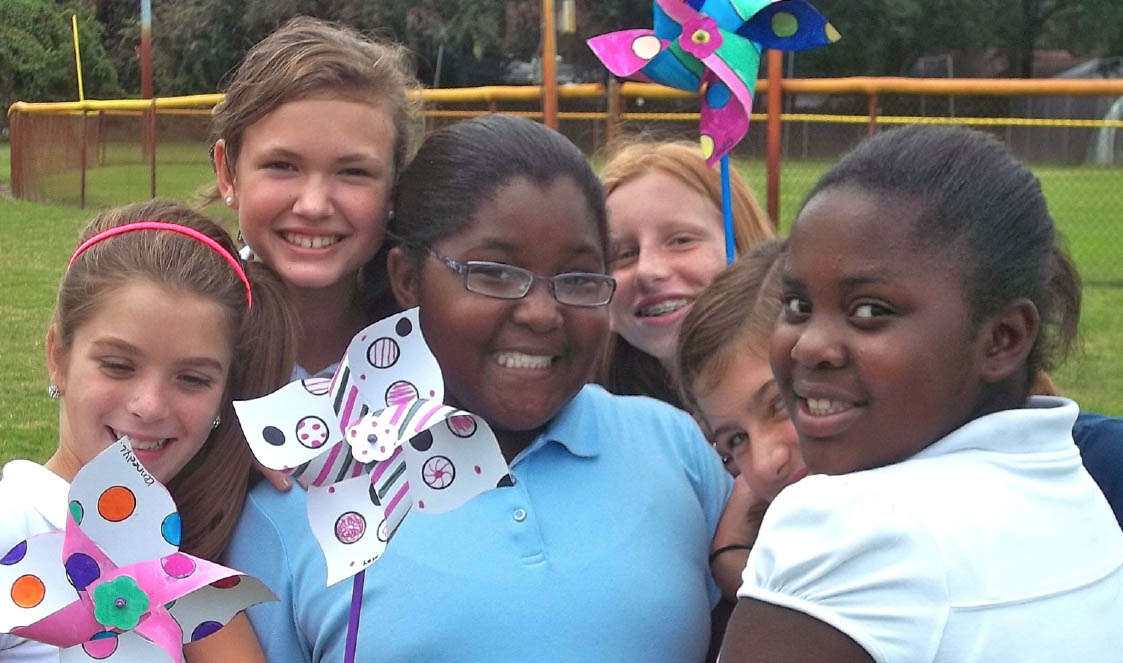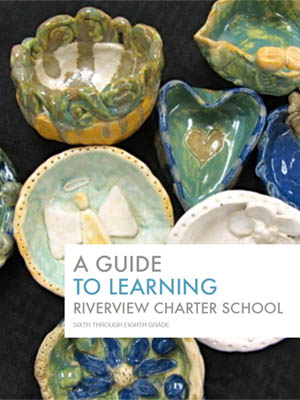Theme: World
In Cycle Three, inclusive of Sixth, Seventh and Eighth Grades, students expand their world view as they reflect on the past and study ancient civilizations, the middle ages and renaissance, the dawn of modern European history, and America and South Carolina’s role on the global stage.
Simultaneously, we consider that the word world refers to the international context of a child’s social experience — the child’s nation, continent, religious affiliation, and larger ethnic and national identities. While students yearn for independence, this also becomes a time when they begin to feel a part of something larger than themselves and the relationship of independence and interdependence emerges. The history of the world’s great civilizations and recognition of their political, scientific, and historical contributions to the world today becomes important and students are asked to examine multiple perspectives over the course of time and to track changes and transformations over time.
Remembering the past to understand how we became the people we are today allows us to participate in our world and dream about the future. Riverview’s goal is to give students the knowledge, skills, conceptual understanding and confidence they need to become active participants in the world in which they live. As they study the “world,” they begin to see the interconnectedness of people, cultures and nations, and they are asked to consider what their own legacy, their own contribution to the world will be.

Big Ideas Connect the Dots…
Capstone Trip
Our 8th graders travel internationally for a field trip in experiential learning.
Students travel to Costa Rica, Central America to investigate the similarities and differences between our local community and environs, with a country on another continent. Both Beaufort and Costa Rica are coastal areas with a history of a plantation economy, and both have a rich and diverse ecosystem. In addition, students will be able to practice their world language, Spanish, while participating in experiential learning opportunities and service learning experiences.

